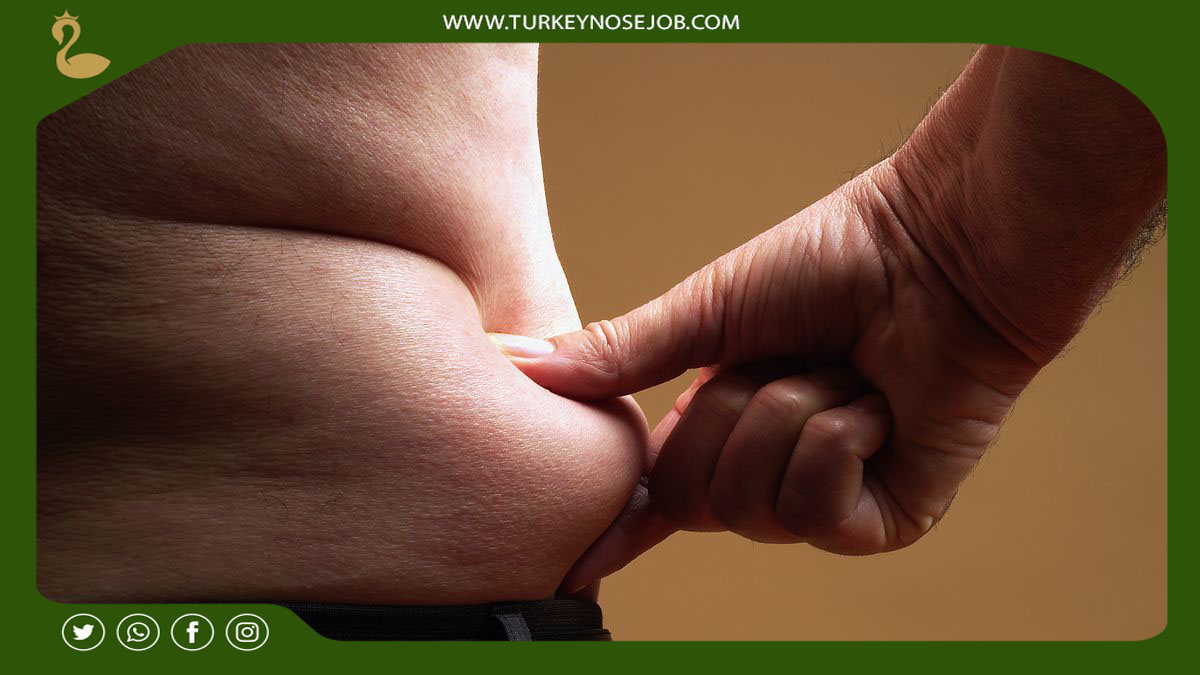Weight loss, especially significant weight loss, can be a life-changing achievement. It can lead to improved health, increased energy levels, and a better overall sense of well-being. However, one common concern for many who undergo substantial weight loss is the potential need for skin removal surgery. This article explores why excess skin occurs after weight loss, the factors that influence whether you might need skin removal, and the options available if you do.
Why Does Excess Skin Occur After Weight Loss?
Skin is a remarkably flexible and resilient organ, but its elasticity has limits. When a person gains weight, their skin stretches to accommodate the increased body mass. Over time, especially with prolonged obesity, the skin’s elastic fibers can become damaged, reducing its ability to snap back once the weight is lost. This can result in excess, sagging skin.
Several factors influence the likelihood and extent of excess skin after weight loss:
- Amount of Weight Lost: The more weight you lose, the more likely you are to have excess skin. Those who lose over 100 pounds are particularly at risk.
- Age: As we age, our skin naturally loses elasticity. Older individuals are more likely to experience loose skin after weight loss.
- Genetics: Genetic factors play a significant role in determining skin elasticity and how your skin responds to weight loss.
- Duration of Obesity: The longer the skin has been stretched, the less likely it is to retract fully after weight loss.
- Speed of Weight Loss: Rapid weight loss, such as that achieved through bariatric surgery or very low-calorie diets, can increase the likelihood of excess skin compared to gradual weight loss.
Do You Need Skin Removal Surgery?
Not everyone who loses a significant amount of weight will require skin removal surgery. The decision depends on several factors:
- Severity of Excess Skin: Mild to moderate excess skin might not warrant surgical intervention. In some cases, non-surgical treatments and lifestyle changes can improve the skin’s appearance.
- Discomfort and Health Issues: Excess skin can lead to physical discomfort, skin irritation, infections, and difficulty with hygiene. If these issues are significant, surgery might be necessary.
- Personal Preferences and Quality of Life: For many, the psychological and aesthetic impact of excess skin is the primary concern. If the loose skin affects your self-esteem and quality of life, surgery might be a worthwhile option.
Types of Skin Removal Surgery
Skin removal surgery, also known as body contouring surgery, includes several procedures aimed at removing excess skin and improving body shape. Common types include:
- Abdominoplasty (Tummy Tuck): Removes excess skin and fat from the abdomen, often tightening the abdominal muscles.
- Panniculectomy: Similar to a tummy tuck but focuses solely on removing the hanging “apron” of skin from the lower abdomen.
- Arm Lift (Brachioplasty): Removes excess skin from the upper arms.
- Thigh Lift: Removes excess skin from the thighs.
- Lower Body Lift: Targets the abdomen, thighs, buttocks, and hips.
- Breast Lift (Mastopexy): Removes excess skin and reshapes the breasts.
Non-Surgical Options
For those with mild to moderate excess skin, non-surgical options might be effective:
- Exercise: Strength training can improve muscle tone and the appearance of loose skin.
- Skin Care: Hydration, moisturizers, and products containing collagen-boosting ingredients can help improve skin elasticity.
- Medical Treatments: Procedures like laser therapy, radiofrequency treatments, and ultrasound can stimulate collagen production and improve skin tightness.
Conclusion
Whether or not you will need skin removal surgery after weight loss depends on a variety of factors, including the amount of weight lost, your age, genetics, and personal preferences. While significant weight loss can lead to excess skin, there are both surgical and non-surgical options available to address this issue. Consulting with healthcare professionals, including your primary care doctor and a board-certified plastic surgeon, can help you make an informed decision based on your specific situation and goals.

0 Comments